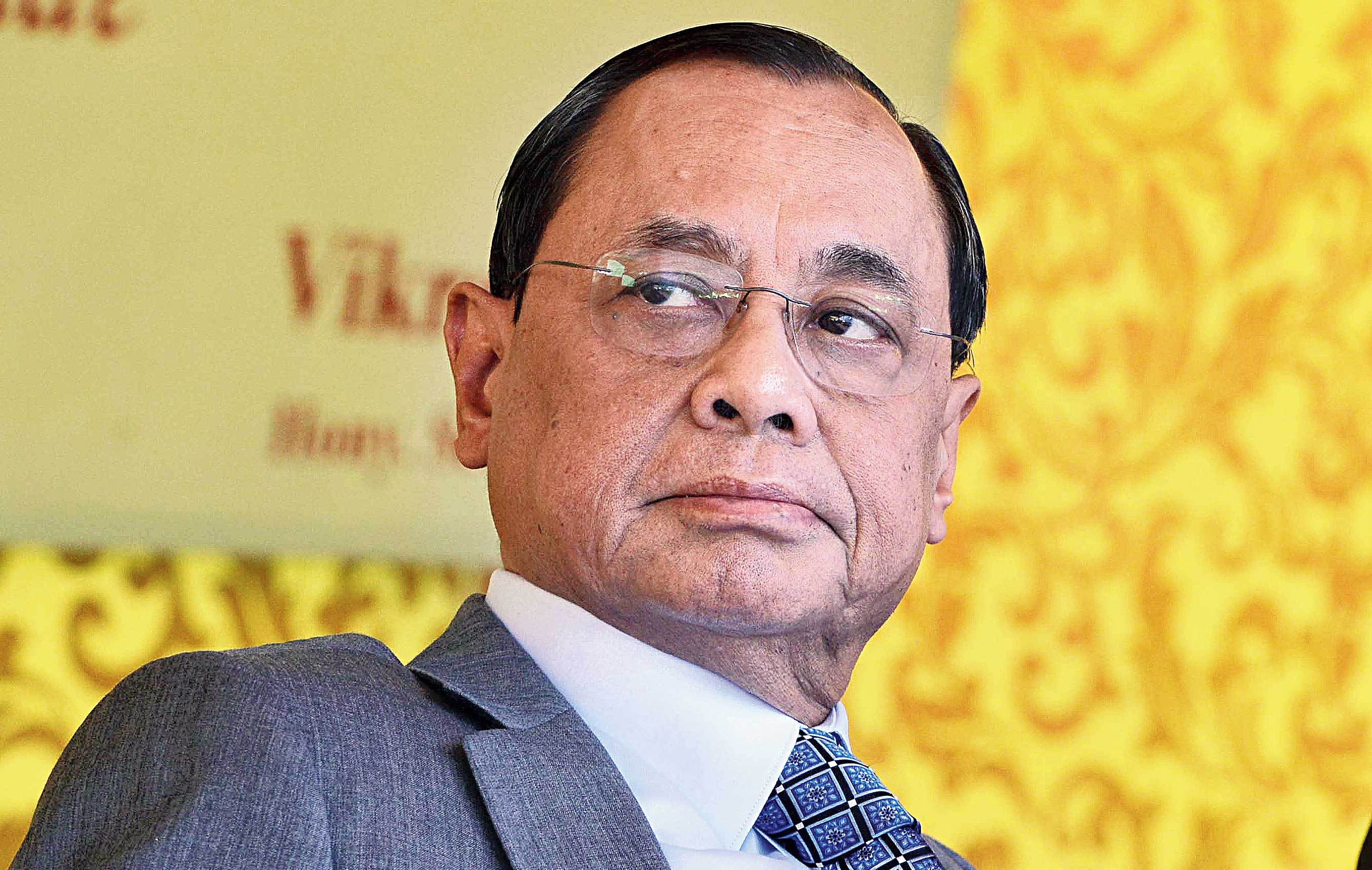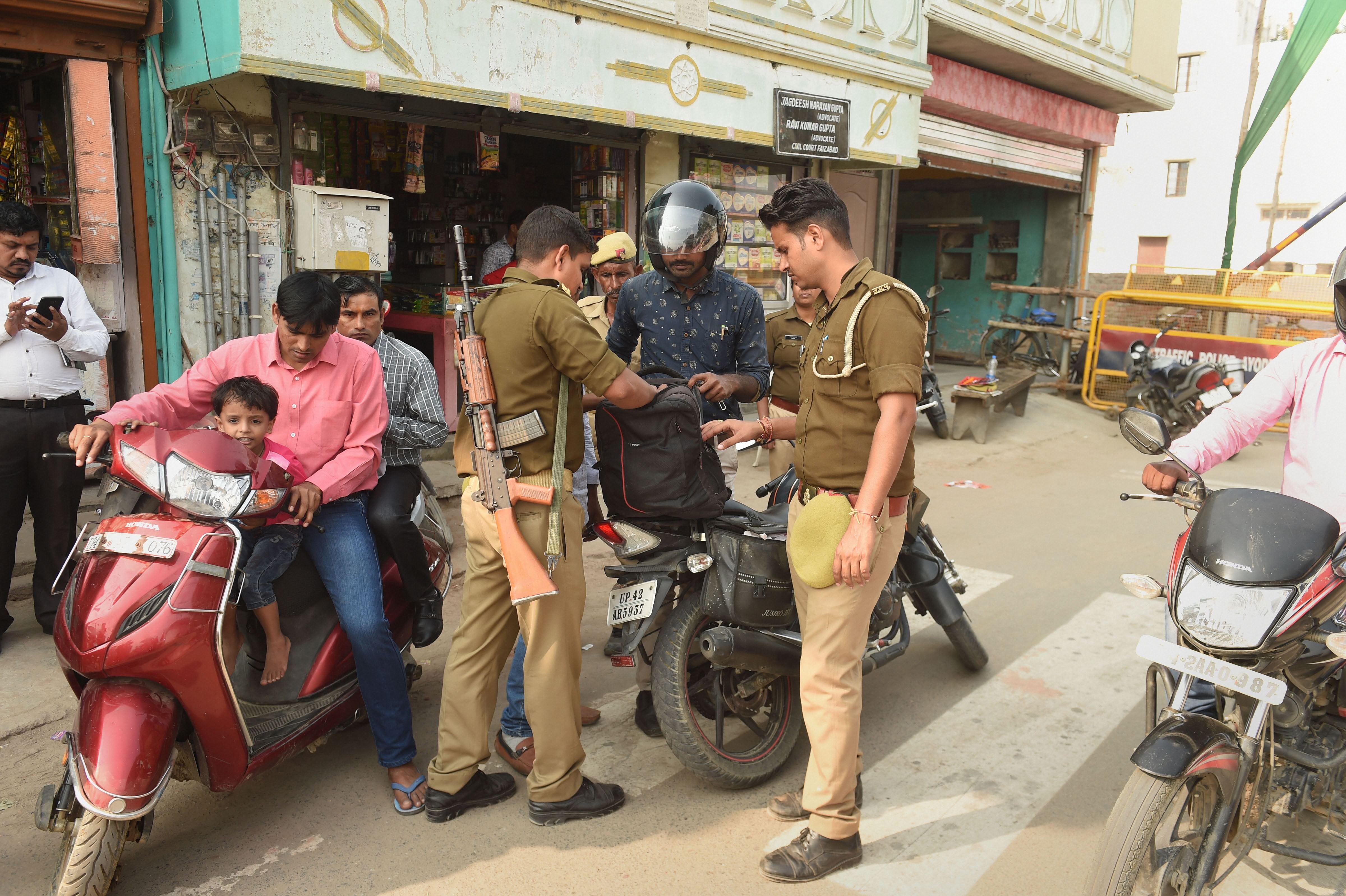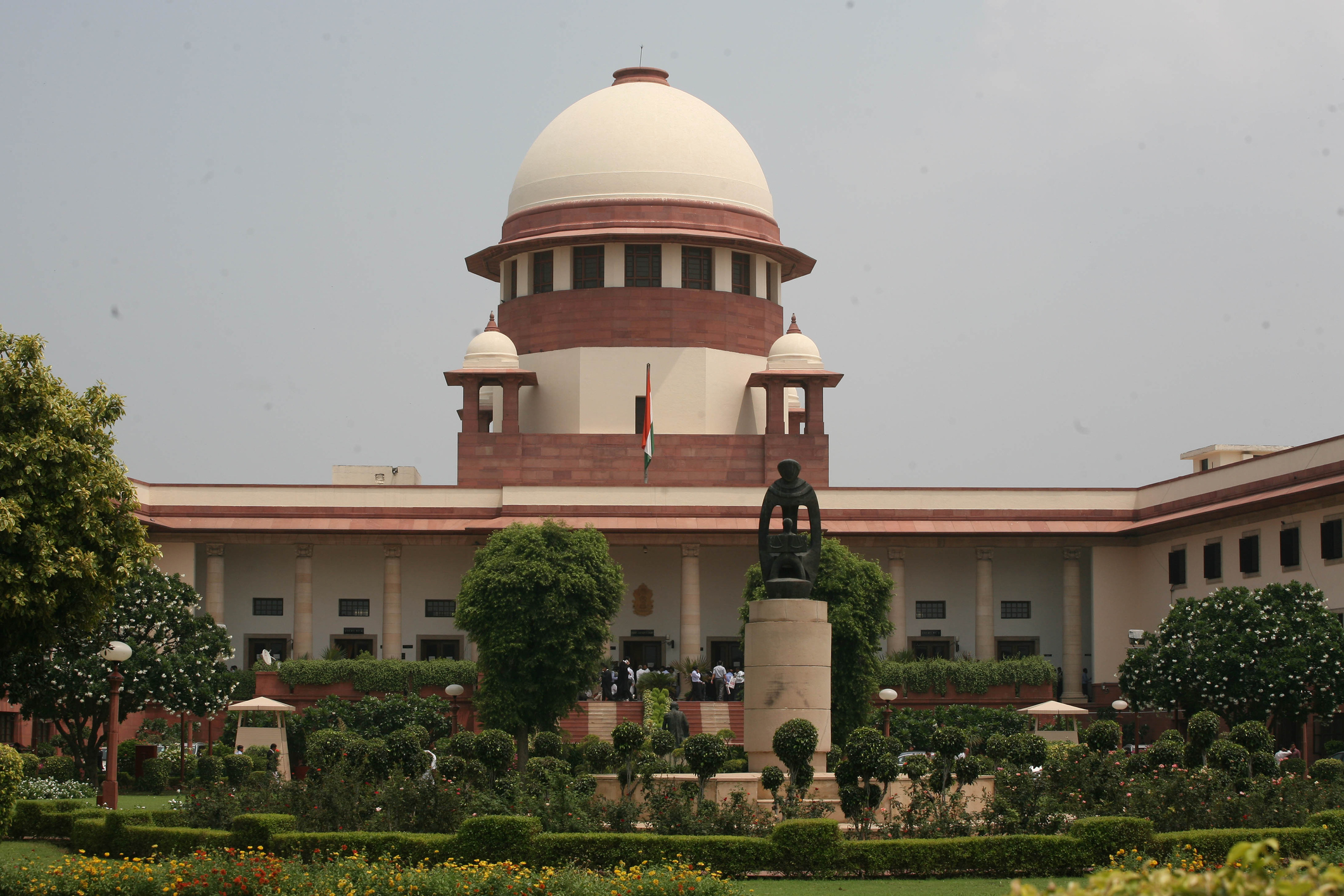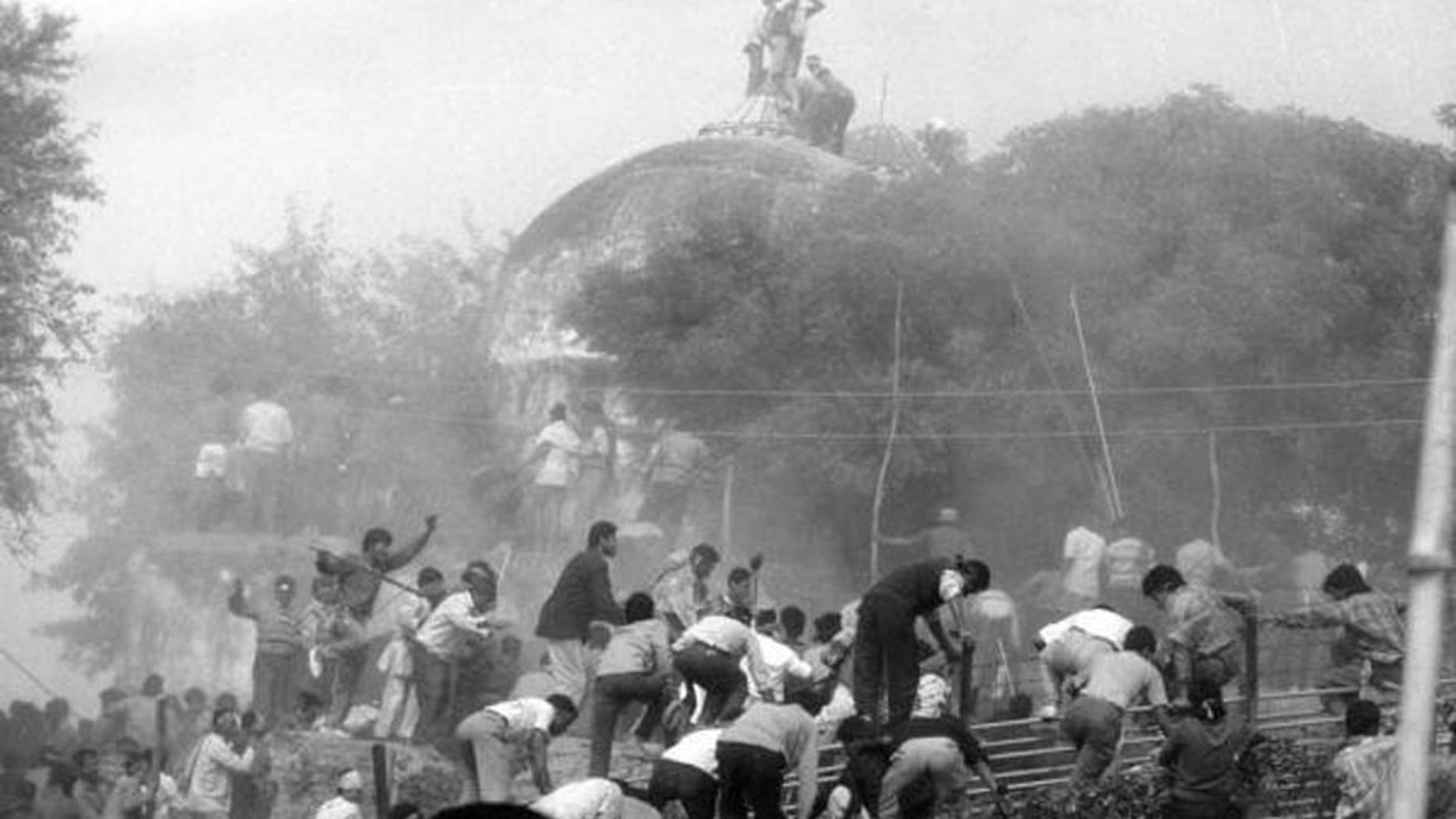How far back does the Ram Janmabhoomi-Babri Masjid land case go? Right back to the 16th century.
Here's a timeline:
- 1528: A mosque is built by one of the commanders of Babur in Ayodhya, and is named after the Mughal emperor. It has been claimed by Hindu right groups that the mosque was built at the site of a temple.
- 1885: Mahant Raghubir Das files a plea in Faizabad district court seeking permission to build a canopy outside the disputed Ram Janmabhoomi-Babri Masjid structure. The court rejects the plea.
- 1949: Idols of Ram Lalla and Sita are placed under the central dome outside the mosque but inside the disputed structure by members of Hindu-right group. The structure is put under lock and key by local authorities, but the idols remain there and worship is allowed only by priests.
- 1950: Gopal Visharad files a suit in Faizabad district court for the right to worship the idol of Ram.
- 1950: Paramahansa Ramachandra Das, the then head of Digambar Akhara that is a congregation of Naga sadhus, files a suit for continuation of worship and for keeping the idols there.
- 1959: Nirmohi Akhara files a suit seeking possession of the site.
- 1961: UP Sunni Central Waqf Board files a suit for possession of the site.
- Feb. 1, 1986: As the momentum for temple at Ramjanmabhoomi grows strong, the local court orders the government to open the site for Hindu worshippers.
- 1990: Then BJP president Lal Krishna Advani takes out a rath yatra to gather support for building the Ram temple. He is arrested in Bihar on October 23. On October 30, several kar sevaks are killed in police firing when they gather near the disputed site as part of the rath yatra.
- Dec 6, 1992: Babri Masjid is demolished by kar sevaks, thousands of whom bring down the structure using improvised tools. Riots break out in several cities.

The land case is set to become CJI Gogoi last major judgment before he retires. Telegraph file photo
- 1993: The Centre takes over the 67 acres of land around the area through the Acquisition of Certain Area at Ayodhya Act. A number of writ petitions, including one by Ismail Faruqui, are filed at Allahabad High Court challenging the court order.
- 1994: Supreme Court delivers its verdict in Faruqui case, says mosque not integral to Islam.
- 2002: Allahabad High Court begins hearing on who owns the land at the disputed site.
- 2010: Allahabad High Court gives its verdict. It trifurcates the disputed area among the Sunni Waqf Board, the Nirmohi Akhara and Ram Lalla (the deity represented as a party to the case).
- 2011: Supreme Court stays the high court verdict after all three parties challenge it.
- February 8, 2018: Supreme Court starts hearing the civil appeals.
- September 27: A three-judge bench delivered its verdict on the question of whether the matter should be referred to a Constitution Bench (comprising 5 judges). The court ruled that a three-judge bench could continue to hear the matter.
- January 4, 2019: Supreme Court says an appropriate bench will pass an order on January 10 for fixing the date of hearing in the title case.
- January 8: Supreme Court notifies that a five-judge bench led by CJI Ranjan Gogoi and with Justices S.A. Bobde, N.V. Ramana, U.U. Lalit and D.Y. Chandrachud will hear the Ayodhya title dispute appeals.
- January 10: Justice Lalit recuses himself. The court orders for a hearing at a later date for reconstitution of the bench.
- January 15: A five-member Constitution bench is reconstituted to hear the case. The new bench comprises Chief Justice Ranjan Gogoi and Justices S.A. Bobde, D.Y. Chandrachud, Ashok Bhushan and S.A. Nazeer. This is set to become CJI Gogoi's last major judgment before he retires.
- February 26: The Supreme Court proposes a court-monitored mediation process among the parties.
- March 8: The court refers the dispute for mediation. Former Supreme Court judge F.M.I. Kalifulla, art of living guru Ravi Shankar and senior advocate Sriram Panchu are named the mediators. But the mediation makes no headway.
- August 6: Supreme Court starts day-to-day hearings on the land dispute.
- October 16: Supreme Court concludes hearing, reserves order.

Police personnel conduct searches near the disputed Ram Janambhoomi-Babri Masjid site on November 8. PTI

The Supreme Court iStock photo











